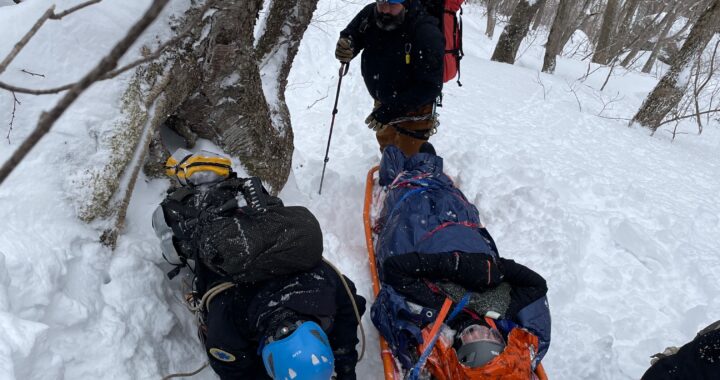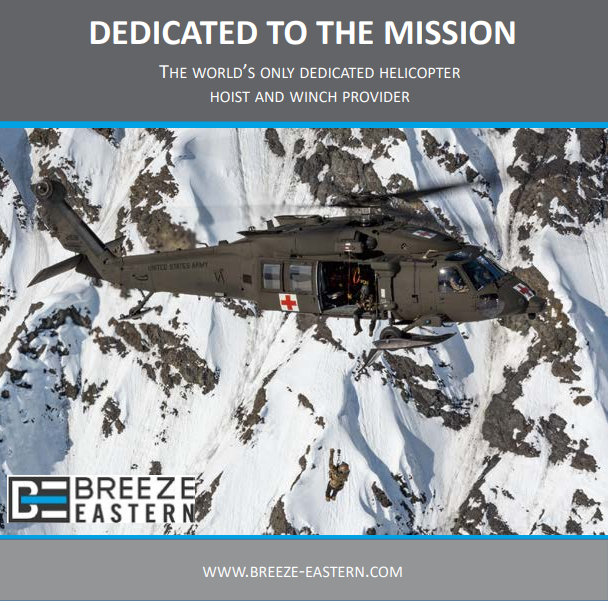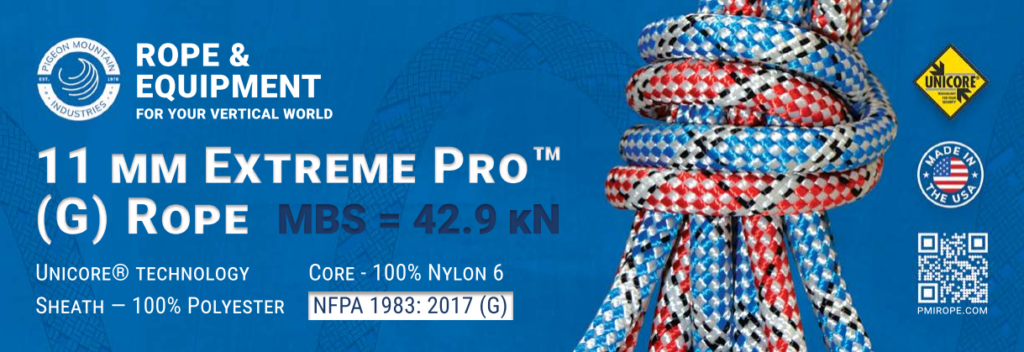Bill M Campbell MD FAWM DiMM, MRA MedCom Chair
In Mountain Rescue we are often called to search for a missing person. Searching is a skill that is learned and also perishable if not used or practiced. But once we find the person we are looking for, what then? Some in the SAR community feel very strongly that searchers should also be able to rescue the person they find. LAST is an acronym we use: Locate, Access, Stabilize and Transport. Search involves locating. Rescue involves the rest. Stabilization involves medical treatment, from simple first aid to advanced life support.
Given these premises, the MRA MedCom would like to undertake a study of what and how our MRA teams provide medical care to the subjects we rescue, and we also want to provide resources for best practices in wilderness medicine and prolonged field care. Our MedCom members are also members within the Wilderness Medical Society and Special Operations Medical Association, two of the leading organizations in the field of austere medical care. We strive to pass on lessons learned and clinical practice guidelines to our fellow MRA members and also to work with teams when they have questions.
To start the process of passing along information I want to emphasize a medical problem within SAR that quite often is ignored or handled slowly that can contribute significantly to morbidity and mortality in trauma victims: Hypothermia. Keep your victim warm. We should all have items in our pack to immediately begin treatment for hypothermia. These include insulation from the ground, a vapor barrier and some heat source (like ReadyHeat 2 Torso). This is a great start until more resources can reach the patient. The EMS acronym MARCH (Massive Bleeding, Airway, Respirations, Circulation, Head and Hypothermia) includes Hypothermia at the end, but given the importance of hypothermia, some are advocating for HMARCH so Hypothermia is at the beginning.
For an in-depth look at accidental hypothermia, go to the Wilderness Medical Society Clinical Practice Guidelines from 2019 (which includes a simple ‘Cold Care’ you can print off).
https://journals.sagepub.com/doi/full/10.1016/j.wem.2019.10.002
Watch for the questionnaire, please answer it, and keep your patients warm.



